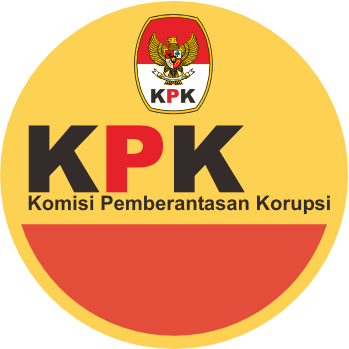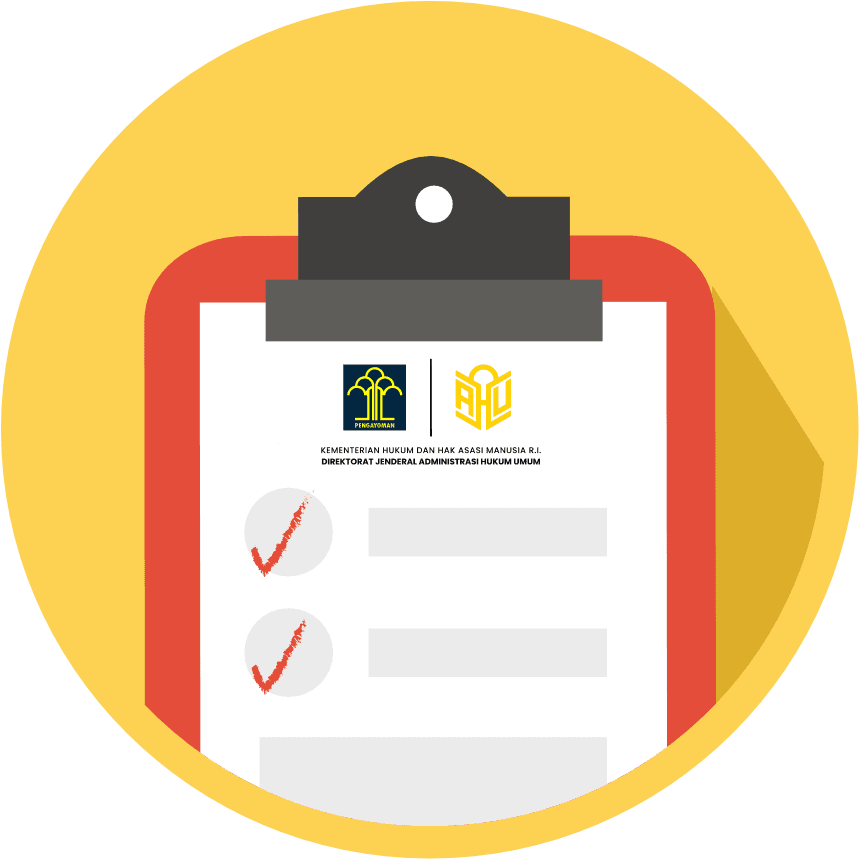The partnership as an INKLUSI (inclusion) program partner through the Estungkara program aims to encourage the fulfillment of citizneship right for indegenous communities, especially women, children and disabilities. Various intervention strategies will be carried out to encourage gender equality and justice through economic improvement, capacity building and critical education so that indigenous women are equal to men in the social order.
One of the major annual activities held on September 17-22, 2024 is Inclusion Day which involves the government, CSOs and indigenous peoples. Lembaga Bumi Lestari (LBL), as one of the implementing partners of the Estungkara program, implemented the Inclusion Day activities in Kalamba Village, Ndapayami Village, Mbatakapidu Village, and Wanggameti Village, East Sumba. LBL is currently assisting a number of villages by focusing on encouraging the formation of farm women’s groups as an effort to encourage the independence of indigenous women in utilizing natural resources, as well as strengthening disability groups through disability forums. This then became one of the topics in sharing good practice learning in a series of Inclusion Day activities.

“Inclusion Day is a celebration of success to showcase some of the good practices and success stories of the Estungkara program that involves indigenous communities to improve gender justice perspectives and the involvement of marginalized groups in natural resource management,” Laode M. Syarif, Executive Director of KEMITRAAN.
In organizing Inclusion Day, KEMITRAAN and LBL also involved the East Sumba Regency Government in its preparation. The Regent of East Sumba is very supportive of organizing this event. The Inclusion Day celebration is not just a ceremonial event, but a tangible manifestation of our commitment in supporting diversity and inclusiveness, especially for indigenous peoples.
“We from the local government support the organization of Inclusion Day as learning between CSOs and communities related to traditions, customs, as well as a space for collaboration with the District Government in realizing equal rights and recognition of the identity of indigenous peoples,” said Drs. Khristofel Praing, Regent of East Sumba.
He also added that this activity is a tangible manifestation of our commitment in supporting diversity and inclusiveness among indigenous peoples. Inclusion Day aims to provide a platform for joint learning and introduce a number of parties to how indigenous peoples and Marapu believers in East Sumba practice customs, culture and local wisdom in supporting gender equality, social inclusion and the protection of community rights.
Kalamba Village, one of the areas where Inclusion Day was held, faces challenges of modernization that threaten the sustainability of local culture. Through the support of the Estungkara program, the villagers have managed to strengthen the community economy and advocate for customary rights.
One of Kalamba’s village cadres, Hoki Halemang, said that to realize gender justice and equality is to provide gender training to men who are heads of households. According to him, gender education cannot be given only to women, but men also need to be given the same education.
“In Kalamba village, the husband is still the biggest decision maker. It’s useless if, for example, women are given economic and gender capacity training through a forum, but they are not allowed by their husbands to be active in too many activities outside the home. It’s the same, women don’t participate fully either,” He explained.
Stepanus L. Paranggi, Director of LBL, emphasized the importance of Inclusion Day in strengthening the position of indigenous peoples in various aspects of life. According to him, the implementation of Inclusion Day is very relevant as an effort to strengthen the voice of indigenous peoples in facing social, economic and cultural challenges.

With the theme “Realizing Social Inclusion in Indigenous and Penghayat Marapu Communities through Strengthening Culture, Indigenous Knowledge, and Local Wisdom”, the event emphasized the importance of maintaining noble values in the midst of development, without leaving marginalized groups behind.
“Since Indonesia’s independence, this is the first time there has been a national event in our village. This is a great honor for indigenous peoples,” added Jhon Kembi, a traditional leader of Wanggameti Village.

From this Inclusion Day 2024 event, it symbolizes a joint commitment in realizing social inclusion and equal rights for indigenous peoples, especially women and vulnerable groups, through the strength of culture and local wisdom in the Marapu indigenous community. A total of 27 participants consisting of Estungkara program partners, 9 village heads from 7 provinces, and indigenous peoples attended and used this opportunity to learn and provide input in accordance with the spirit and purpose of cross learning Inclusion Day.
“I learned a lot from the indigenous people here how they manage their local knowledge and remain steadfast in maintaining it, hopefully the good things I got from this process can also be brought to my area and support development in my area in Pilang Village, Central Kalimantan,” said Rusli, Head of Pilang Village.






